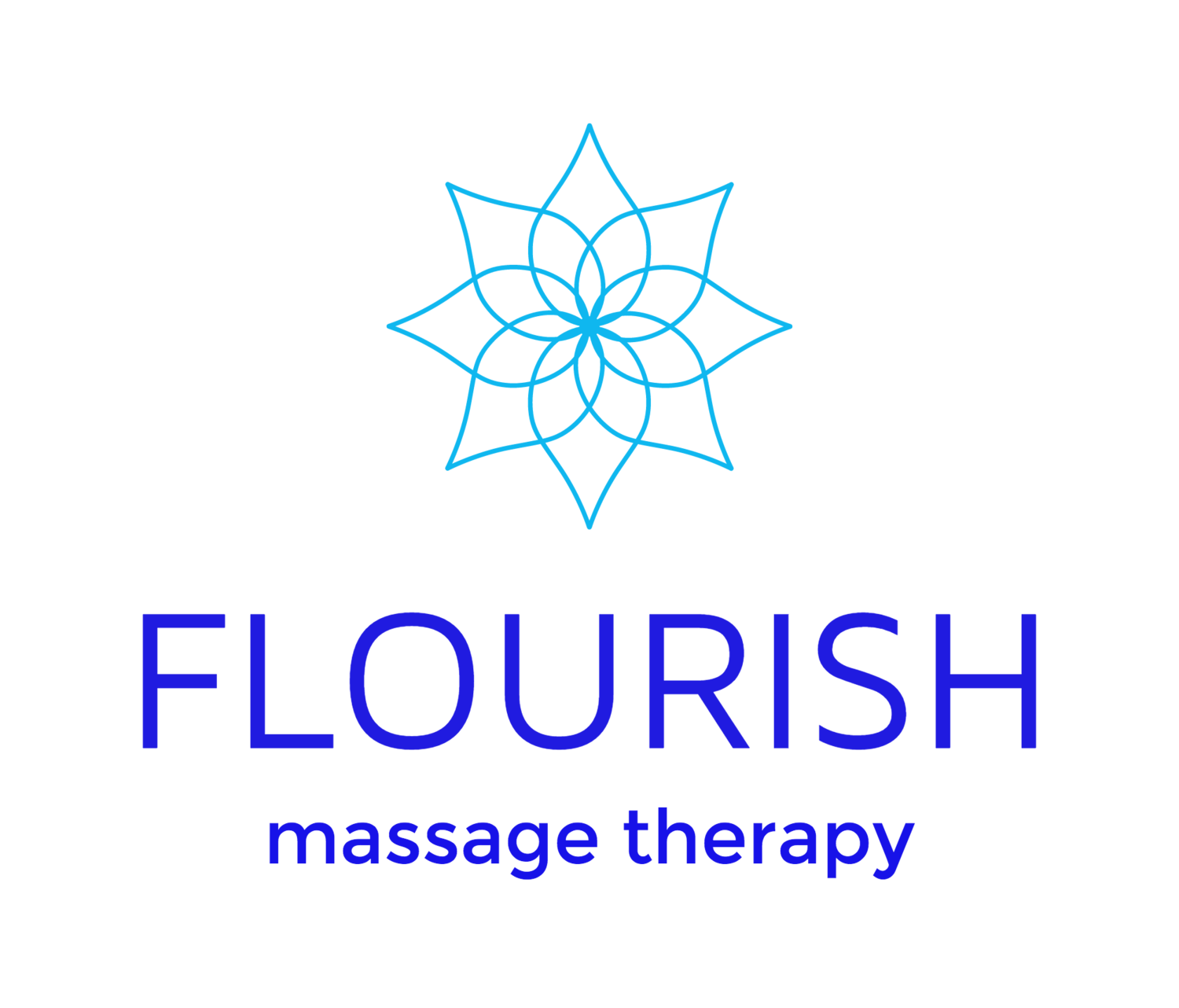Changing the Plastic Habit
Since spending time in Kaua'i in the last five years, my awareness of the problem of plastic has grown. Of course, I have long been vaguely aware of how big a problem it is. Being in an amazing tropical environment, the understanding that there is an enormous looming 'patch' of plastic garbage further north of this island became so deeply disturbing. This pollution affects everything, of course. The peaceful endangered Hawaiian monk seals, all of the birds which go to the northern islands to breed and nest, all the fish and sealife, and ultimately us as consumers of the fish are seriously threatened by this growing problem.
We all know our consumer society is the culprit. We have grown used to, and take for granted how quickly, cheaply, and mindlessly we can acquire plastic products of all kinds. These last,... well... forever. Society is slowly coming to terms with the concept that there is no 'away'. And that although 'mother earth can take care of herself' (this was the comment I received as a child from my father about why he wouldn't recycle), we are ultimately the ones who are going to suffer, and already are, from the terrible toxic soup we are creating on our earth.
'The small bits of plastic produced by photodegradation are called mermaid tears or nurdles. These tiny plastic particles can get sucked up by filter feeders and damage their bodies. Other marine animals eat the plastic, which can poison them or lead to deadly blockages. Nurdles also have the insidious property of soaking up toxic chemicals. Over time, even chemicals or poisons that are widely diffused in water can become highly concentrated as they're mopped up by nurdles. These poison-filled masses threaten the entire food chain, especially when eaten by filter feeders that are then consumed by large creatures. -from How Stuff Works website
We all know plastic is creating a highly toxic environment on our planet. It is also toxifiying our bodies. Bisphenol A (BPA) is the hardening agent in plastics, and it is found everywhere. More than 90% of us have BPA in our bodies right now. We get most of it by eating foods that have been in containers made with BPA. It's also possible to pick up BPA through air, dust, and water.
The U.S. Food and Drug Administration used to say that BPA was safe. But in 2010 the agency altered its position. The FDA maintains that studies using standardized toxicity tests have shown BPA to be safe at the current low levels of human exposure. But based on other evidence -- largely from animal studies -- the FDA expressed "some concern" about the potential effects of BPA on the brain, behavior, and glands in fetuses, infants, and young children.
If the FDA hasn't concluded whether BPAs are safe, my erring is on the side of it is not. There are hosts of diseases/disorders, mostly hormonal, that there is reason to believe may be caused by these toxins. There is reason to believe it contributes to cancers. I suspect, along with others, that we will come to understand the plastic problem to be much more wide spread, in terms of human health, than we can conceive of at this point in time. Some have named it 'the smoking' of our era- something people do with rigor, not understanding the tremendous cost to their health and those around them.
Since I have become more aware of these problems, I have looked more deeply at my own habits. In the overwhelm of the problem, I find empowerment in doing my part by not contributing more plastic to the world. Here are some of the habits I have adopted:
1. I buy produce locally. Local produce is so much fresher, and thus, more delicious. This helps me to feel more satisfied from my mainly vegetarian meals, so I eat out less and eat much less meat (healthier for me and for our resources).
2. I buy mainly food in glass jars, and I reuse them for storage. I don't want to keep supporting the plastic industry.
3. I bought produce bags which I take with me to the store. I keep the cloth bags in my car for shopping, or I skip it when I forget.
4. I think deeply about purchases, about the quality of a product, so that I don't end up throwing something out.
5. When I cannot avoid buying something that comes in a plastic bag, I make a special trip to Alfalfa's market, a local store which recycles plastic bags.
These are just a few, relatively easy things to do. There are plenty more, but I find it helpful to start somewhere. For me, my passion for Hawai'i, it's land and the ocean are inspiration for these changes. There is an excellent documentary on the plastic problem, Plastic Paradise, available on Amazon Prime. They are hosting a two week pledge to not use single use plastic products. Whatever ways you can find, for your own health and for the world around us, let's change our plastic obsession.
http://plasticparadisemovie.com/plastic-paradise-pledge/

